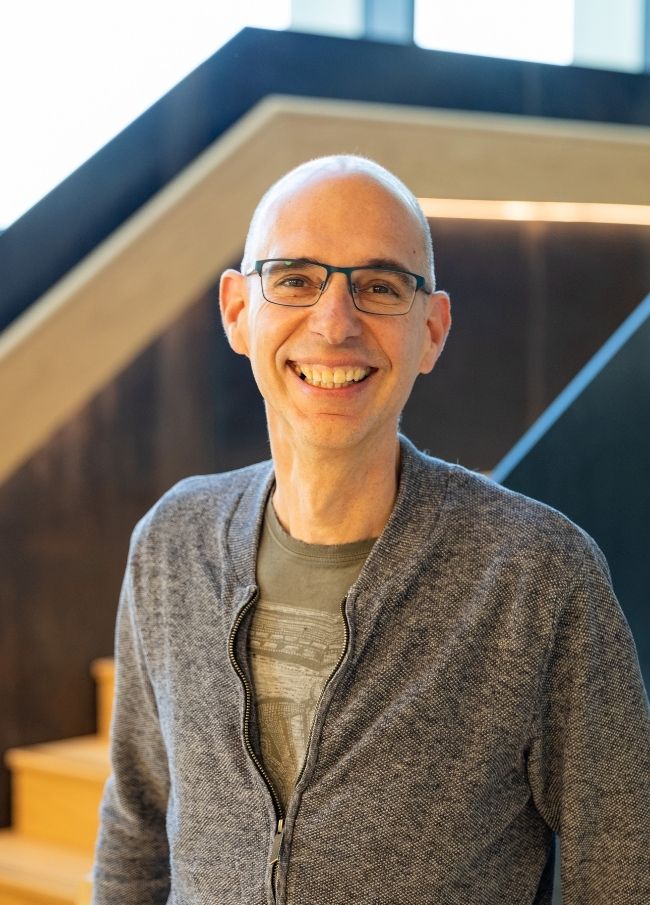About me
Reader (Imperial College London)
2015 -
Present
Programme Leader (MRC LMS)
2013 -
2018
Senior Lecturer (Imperial College London)
2011 -
2013
Lecturer (Imperial College London)
2009 -
2011
BBSRC David Phillips Fellow & Programme Leader Track (MRC LMS)
2006 -
2009
BBSRC David Phillips Fellow (University of Sheffield, UK)
2001 -
2006
1997 -
2001
1998 -
1997 -
Joined LMS:
2009
About me:
I first became fascinated by how changes in chromosome structure allow the formation of haploid gametes from diploid germ cells as an undergraduate student in Madrid (Spain). During my PhD (John Innes Center, UK) and postdoctoral work (Stanford University, USA) I addressed different aspects of this question using plants and nematodes as model organisms and genetic and cytological experimental approaches. I established the Meiosis group at the LMS in 2009, where using an increasing number of experimental approaches, which now include biochemistry and single-imaging methods, we aim to uncover the molecular mechanisms controlling meiotic chromosome structure and function.
My awards and achievements:
BBSRC David Phillips Fellowship
EMBO Fellowship
Human Frontiers Fellowship
Impact of my work:
Ultimately, our research aims to better understand the causes of human infertility and aneuploidy – cells with an abnormal number of chromosomes. Aneuploidy can lead to miscarriages and several to genetic disorders including Down syndrome. We also aim to understand how alterations in the function of cohesin, a key determinant of chromosome structure, causes the developmental syndrome Cornelia de Lange.

